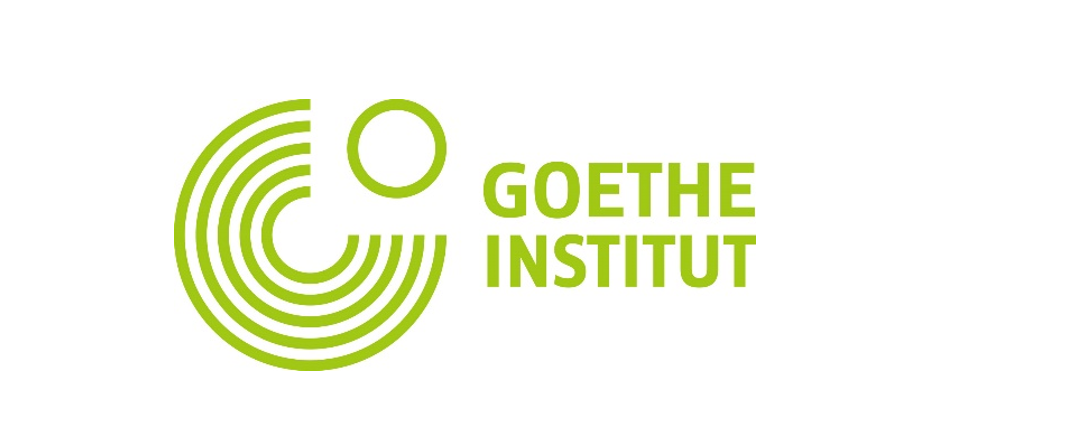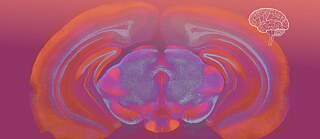
What is AI?
The expression “Artificial Intelligence” was first used officially in 1955.
Computer scientist John McCarthy used the term in the context of a conference that introduced innovations such as early programs that could play chess and draughts. 40 years later the chess computer Deep Blue, which was developed by IBM, beat world champion Garry Kasparov. But is that intelligence? That’s exactly where the problem lies: the attempt to develop intelligent machines initially follows the perceived image of natural intelligence – but even now there isn’t a generally accepted definition of this either. However one thing is certain: the model for AI is our brain, a neuronal network that can learn, draw conclusions and think in abstract terms.
There still aren’t any machines that can think or interact intelligently with their surroundings – even though AI today can already learn very effectively. Yet this technology has already fundamentally altered our day-to-day routine in practically every aspect of our lives.
“In the matter of fact, what we are carrying in our pockets today has the power of a supercomputer only a few decades ago.”
Peter Dayan, Director at the Max Planck Institute for Biological Cybernetics in Tübingen
AI is a sub-category of computer science. Its objective is to enable computers to recognise patterns and make autonomous decisions using algorithms. AI is still a new reserach field. As a result there are different opinions, even amongst specialists, with regard to what constitutes AI and what does not. Many consider the ability of a computer system to learn independently as an absolutely necessary requirement for AI, while others include simple language assistants in this category too.
In principle, there are three different categories of AI: weak, strong and what they call super AI.
Weak AI
Weak AI is artificial intelligence that is restricted to one field of use. It can be really good there – but isn’t able to transfer its knowledge to different fields. Our smart phones, all modern computers and the internet are packed full of weak AI, for instance when phones group photos into folders, a program translates text from one language into another, or YouTube recommends the next video. You might call a weak AI a one-trick pony. It’s very good in its specialist area, often even better than humans – but it can’t do anything else. All AI in existence today is weak AI.
Strong AI
Strong AI can also apply what it has learned in one area to other areas. That would make strong AI similarly intelligent to a human. It’s just that right now there is no strong AI. Even very complex systems – for instance for autonomous driving – are weak AIs because they are still restricted to a precisely defined field. That’s still miles away from intelligence that’s comparable to the human brain. Artificial neuronal networks are the most sophisticated type of machine learning. They play a key role on the way to achieving strong AI.
Super AI
Super AI or artificial super-intelligence would be more intelligent than humans. Not just for solving specific problems or questions, but also in its creative and social skills. Super AI would have to set its own goals and values, and be able to adapt these to any situation. Furthermore there is the matter of whether super AI requires a conscious mind. Individual systems – like certain extremely fast and powerful search engines – are sometimes referred to as super-intelligent. But they are only outperform humans in some subfields and for certain applications, so ultimately they count as weak AI. A true super AI would without doubt change the world fundamentally.
There still aren’t any machines that can think or interact intelligently with their surroundings – even though AI today can already learn very effectively. Yet this technology has already fundamentally altered our day-to-day routine in practically every aspect of our lives.
“In the matter of fact, what we are carrying in our pockets today has the power of a supercomputer only a few decades ago.”
Peter Dayan, Director at the Max Planck Institute for Biological Cybernetics in Tübingen
Weak, strong and super AI – what does it mean?
AI is a sub-category of computer science. Its objective is to enable computers to recognise patterns and make autonomous decisions using algorithms. AI is still a new reserach field. As a result there are different opinions, even amongst specialists, with regard to what constitutes AI and what does not. Many consider the ability of a computer system to learn independently as an absolutely necessary requirement for AI, while others include simple language assistants in this category too.In principle, there are three different categories of AI: weak, strong and what they call super AI.
Weak AI
Weak AI is artificial intelligence that is restricted to one field of use. It can be really good there – but isn’t able to transfer its knowledge to different fields. Our smart phones, all modern computers and the internet are packed full of weak AI, for instance when phones group photos into folders, a program translates text from one language into another, or YouTube recommends the next video. You might call a weak AI a one-trick pony. It’s very good in its specialist area, often even better than humans – but it can’t do anything else. All AI in existence today is weak AI.
Strong AI
Strong AI can also apply what it has learned in one area to other areas. That would make strong AI similarly intelligent to a human. It’s just that right now there is no strong AI. Even very complex systems – for instance for autonomous driving – are weak AIs because they are still restricted to a precisely defined field. That’s still miles away from intelligence that’s comparable to the human brain. Artificial neuronal networks are the most sophisticated type of machine learning. They play a key role on the way to achieving strong AI.
Super AI
Super AI or artificial super-intelligence would be more intelligent than humans. Not just for solving specific problems or questions, but also in its creative and social skills. Super AI would have to set its own goals and values, and be able to adapt these to any situation. Furthermore there is the matter of whether super AI requires a conscious mind. Individual systems – like certain extremely fast and powerful search engines – are sometimes referred to as super-intelligent. But they are only outperform humans in some subfields and for certain applications, so ultimately they count as weak AI. A true super AI would without doubt change the world fundamentally.
Cooperation partners

|

|



